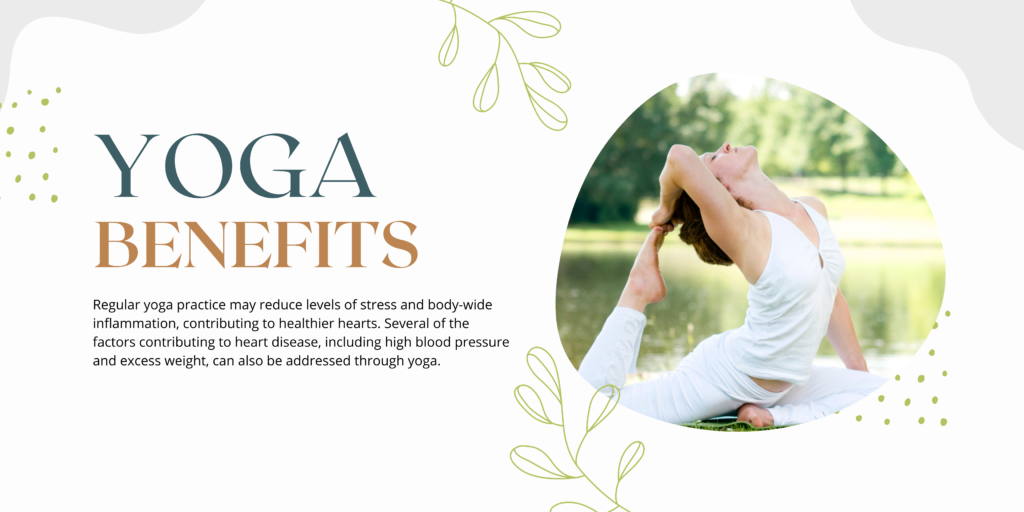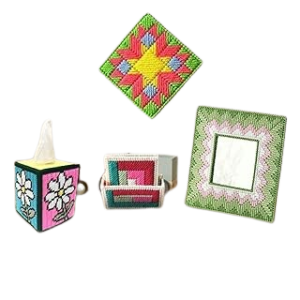In the fast pace of modern life, many often feel tension and anxiety from a never-ending race through one task to another. In the midst of all this chaos, meditation is a powerful antidote that can help cultivate inner peace and mental clarity in our lives. Meditation dates back thousands of years in religious traditions from Buddhism, Hinduism and Taoism. Today it is commonly used as a scientifically proven means to increase physical, mental and emotional well-being. In this blog, we will consider what meditation is all about and also its benefits as well how to integrate it in your daily routine for a happier more contented life.

Table of Contents
So Let’s understand what is meditation?
Meditation is a skill that involves training the mind to focus, be expressed and achieve clarity from your mental state. Although there are numerous types of meditation, many generally consist of deep breathing exercises and if not that at least a form of mindfulness or focusing on one thought, object or activity to give insight into self-awareness as well emotive equilibrium’s.
Meditation is practiced in varied forms; some of the commonly known types are as follows:
This is a mindfulness meditation where we focus on the present moment, observe thoughts and feelings without judgement. It is among the most popular formats and widely utilised in therapeutic contexts.
- Transcendental Meditation (TM): This is when you silently repeat a mantra or sound to transcend the thinking process — in other words, move away from all of your thoughts an reach ultimate awareness.Sitting between the two, there are countless other ways to meditate including a guided meditation which involves listening to a guide or recording who walks you through mental visualisations and calming exercises.
- Loving-Kindness Meditation (Metta): This type of meditation focuses on fostering feelings of kindness, love and compassion towards oneself as well as other people.There are different types of meditation, and although each one has specific benefits, the overall goal is to increase self-awareness whilst reducing stress and improving general mental health.
Why Meditation Matters The Advantages of Meditating
Meditation has a plethora of benefits, impacting us in all areas of life. Meditation, Meditation then why meditation?
Reduces Stress and Anxiety
Arguably the best-known benefit of meditations is its stress-reducing power. This sort of long-term stress can contribute to a number of health issues, such as high blood pressure, heart disease and depression. Meditation triggers relaxation response and reduces cortisol (a stress hormone) which helps in feel good state of mind, therefore meditative practices lead to calmness & tranquillity.
- Mindfulness Meditation: Symptoms of anxiety disorders like GAD, PTSD, and social anxiety have been reduced through mindfulness meditation.
- Transcendental Meditation: Reproduces the second stage of deep relaxation
do you like your mental health?
Meditation increases self-awareness, that which is essential for controlling your emotions. You can recognise your feelings, thoughts and actions better so that you respond (as opposed to react or impulse control) in different specific situations.
- Mood booster: Consistent meditation has the ability to help amplify positive moods while evening out negative emotions such as anger, frustration and sadness. Meditation has been actually shown to increase your serotonin (serum tonic) production which in turn is responsible for the moods of being positive and happy.
- Improves Self-Esteem: Through developing a non-judgemental observation of one’s thoughts, meditation helps to diminish self critical thoughts and creates more kindness towards your own being.
Eyesight, focus concentration and memory
Meditation provides the exercise that trains your mind to concentrate and improves cognitive function. Practising mindfulness daily can help you process information more clearly so that you are better equipped to pay attention, focus on a task and retain essential details.
- Increases Attention Span: As little as a few months of practising meditation seems to have an overall positive effect on attention and focus. Especially Those with ADHD or Distractions Issues
- Improved memory and cognitive function: Meditation helps the prefrontal cortex which is responsible for decision-making, problem-solving, and both short-term and long-term human memory — become thicker. This helps in improving both quick and re-collective memory.
Improves Physical Health and Well-being
By meditating you are not just burdening your mind with other tasks but doing so much good for the body as well. Consistent meditation can also lead to improved physical health across various domains.
- Reduces Blood Pressure: Meditation relaxes our body and mind, so blood pressure levels in hypertensive patients are lowered. This is all linked to less stress and anxiety which are known factors in high blood pressure.
- Supports Immune Function: Meditation may help improve immune response to illness by reducing inflammation and supporting a balanced inflammatory response.
- Stop Pain: Meditation can help the brain process pain differently, change its perception of chronic pain and even reduce your tolerance for it. Relaxation response techniques including mindfulness meditation are particularly effective in pain management.
Creates space to be compassionate and empathetic
Meditation techniques like Loving Kindness Meditation (Loving-Kindness Metta) help in the creation and strengthening of compassion, empathy. A simple & effective way of strengthening emotional bonds, cultivating positive thoughts about oneself (as well as everyone around), can lead to repairing relationships and a strong belief that we are not alone.
- More Compassion: Research shows a strong connection between loving-kindness meditation practice and increased feelings of compassion, as well-increased ability to understand others’ perspectives.
- Happiness: Helps to reduce feelings of anger, jealousy, and resentment by developing compassion.
A Beginner’s Guide to Getting Started with Meditation
Deep spirituality open to anyone, from the newbies of newcomers who had never meditated before up to long-term practitioners. How start the meditation practice, here.Expressions:
Find a Quiet Space
Find a quiet, comfortable room in your area where you can be left alone to focus on the questions. It need not be elaborate just a quiet corner of your home will suffice. You can be seated on a chair, cushion or the floor; it really depends of what you feel most comfortable with.
Set a Time Limit
For beginners, try to meditate for 5–10 minutes a day. Like with any new practice, you can start small and work up as you get more comfortable.
Focus on Your Breath
Start by closing your eyes, and take a few deep breaths. Focus on how your breath feels when it goes in and out of you Whenever your mind strays (which is totally normal), simply return to the breath.
Mantra or Guided Meditation
If paying attention to your breath is difficult, you might try a mantra (a word or phrase that you repeat in silence) or guided meditation. There are lots of guided meditations for beginners available via free apps or online.
Be Patient and Consistent
Meditation is a craft and requires years of practice. Do not worry if it does feel difficult at first, consistency is the name of the game. Try to practice even for a few minutes every day and slowly increase from there.
How to Overcome the Most Common Challenges in Meditation
Meditation — while meditation has multiple benefits it can be difficult at first. The major obstacles that are shown how to face them back as under;
Restlessness and Distraction — It is common to feel restless or be easily distracted when you start meditating. Rather than grappling with those emotions, simply allow them to be there and then gently guide yourself back to your breath or mantra.
Not enough time: Begin with 1–3 minutes per day. As you become more comfortable with the practice, we can extend it to be even longer. Quick reminder, short workouts still count!
Impatience or Frustration: A lot of people jump into meditation with the expectation that they’ll instantly feel a meditative state after their first 10-minute session and get frustrated when nothing is happening. Remind yourself that meditation takes practice, it is not a destination but rather the journey itself.
Making Time for Daily Meditation
Maximize the Meditation Benefits by Practicing It Regularly. Here are some tips to help:
Find the time of day that suits you best – morning, midday or evening — and make it a regular practice by trying to meditate at this same very hour everyday.
- Go Small: Just start with a couple of minutes and if you feel comfortable increase the length.
- Attach to a lesser habit: link your meditation session with another daily activity, such as brushing teeth mats or tea cup drinking so that they become natural phenomena within the flow of daily life.
- Practice with others or an app: join a meditation group, practice with someone else who has done it before (meditation teacher), use a mediation App; structure helps promotions momentum. Several apps also come equipped with guided sessions, reminders and the ability to track your progress.
In conclusion: Start Your Meditation Practice now!
Meditation, a powerful tool for stability of mind and body. One of the most effective ways to address these issues — so as not crumble under pressure— is meditation and its benefits go beyond stress relief, anxiety reduction, focus improvement while also effectively boosts concentration & emotional health. Incorporating meditation into your life helps to create a condition of peace, resilience and balance in which you can better meet the challenges that rise up on a daily basis with greater equanimity and clarity.
Therefore, relax, get some privacy and begin your meditation tour now. All it takes is a few mindful breaths to find the path for inner peace, happiness and wellness.
Now, are you ready to be with meditation? Tell me about your experience, What it was the most challenging for you and any tip in the comment section below.


